-

Boosting Well Productivity by Innovative Strategies
SHANA (Tehran) - Iran sits atop the world’s largest hydrocarbon reserves, with its massive South Pars gas field alone holding an estimated 280 tcf of recoverable natural gas. Yet despite this abundance, maximizing well productivity remains a critical challenge for Iran’s oil and gas industry.
-
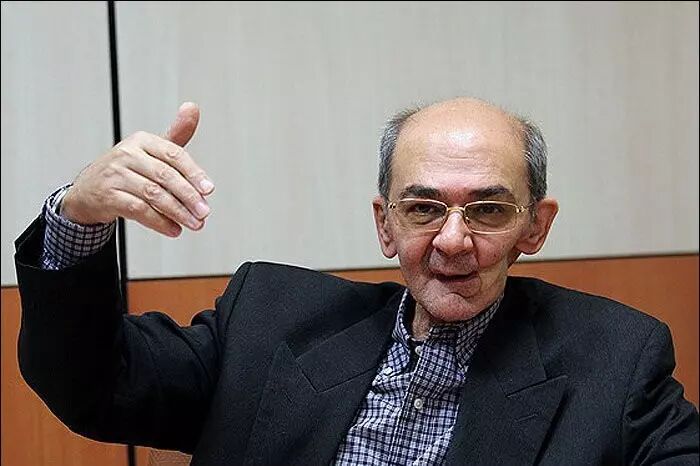
Iran Oil Sector: A Paradox of Potential and Opportunity
SHANA (Tehran) - Iran, strategically located in the Middle East and Central Asia, holds a huge amount of oil and gas. We are talking about some of the world’s largest proven crude oil and natural gas reserves. This means the country’s energy sector is incredibly important on the global scene, with immense potential for investment and for really capitalizing on Iran’s substantial wealth.
-
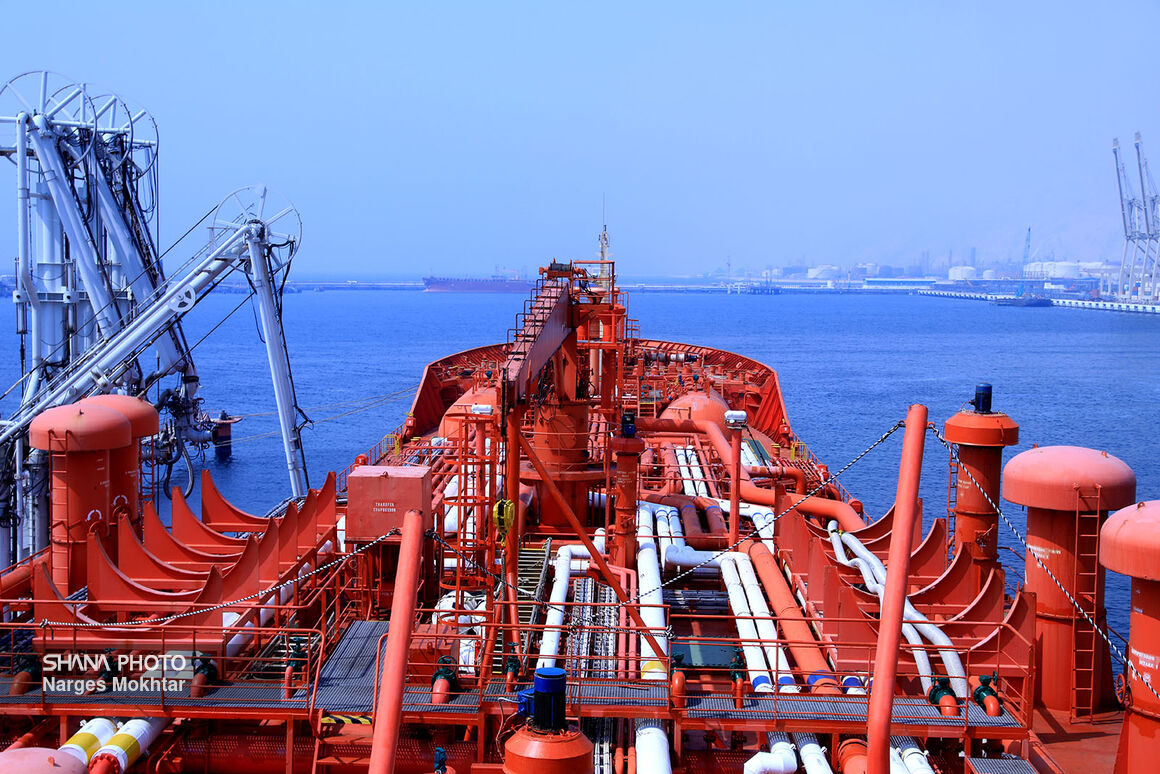
War on Iran Ignites Long-Term Global Oil Instability
SHANA (Tehran) – The recent air strikes by the Zionist regime on Iran’s industrial centers, oil and gas facilities, and civilians have sent shockwaves through the global oil markets. The attacks led to a significant but short-lived increase in prices.
-
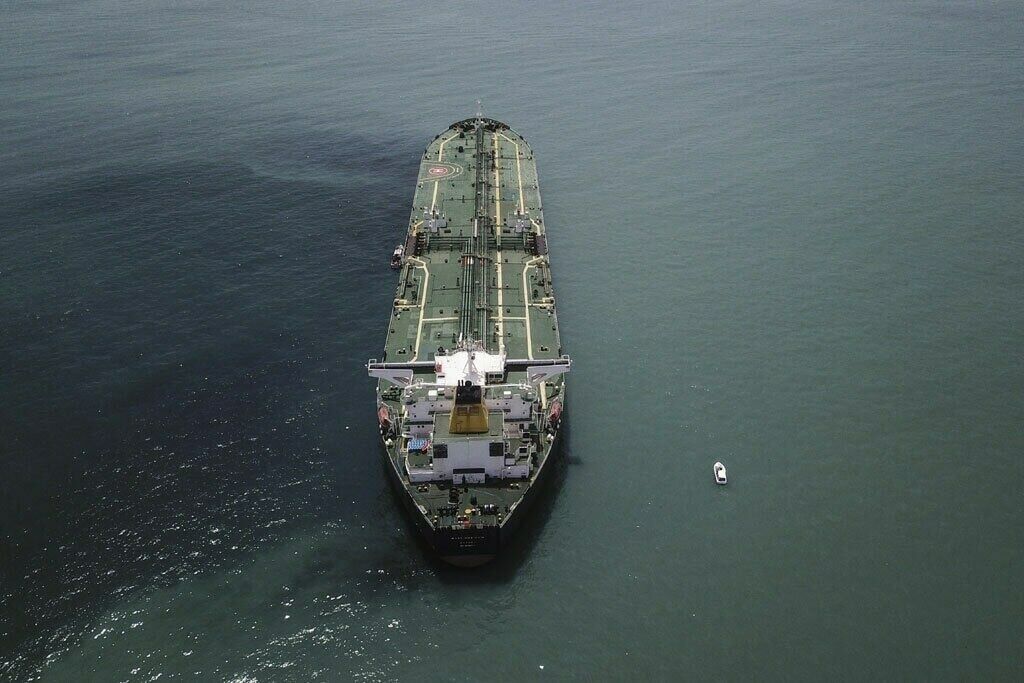
War of Aggression on Iran and Global Energy Security
SHANA (Tehran) – Ever since the Zionist regime launched its invasion of Iran, energy has become a pivotal issue in international fora. Two key issues, energy price and energy security, were focused upon by the media, political elite, and economists due to Iran’s prominent role in energy production and exports and its strategic position in the Strait of Hormuz.
-
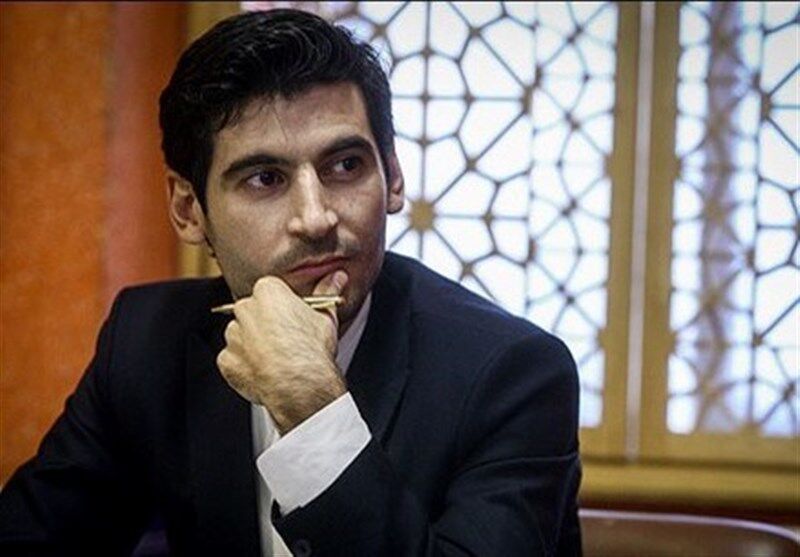
Analysis of the War on Iran
SHANA (Tehran) –The 12-day war imposed by the Tel Aviv regime against Iran on 13 June 2025, targeting mainly nuclear and military installations in addition to infrastructure, constitutes one of the most complicated geopolitical crises of recent decades. Iran responded forcefully to the strikes. Although the United States initially refused to engage in the war, there was no doubt from the very beginning that it was the main ally of the Zionist regime in this crisis. That is why, when it was convinced that Iran had the upper hand on the battlefield, the US intervened and bombed Iranian nuclear facilities. It is highly significant to review the Zionist regime and the US objectives and scenarios in the war on Iran.
-
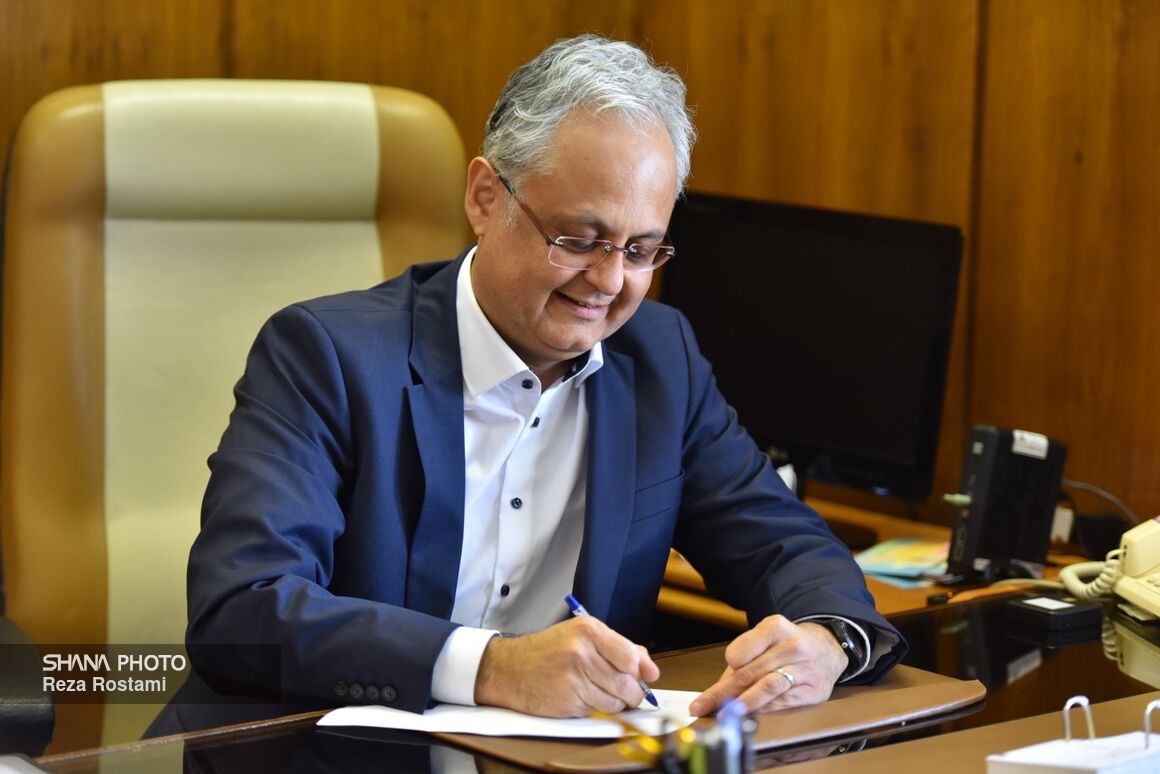
Attack on the Heart of Energy Security
SHANA (Tehran) – Energy security scholarship has long recognized the interconnected nature of global energy systems (Yergin, 2006; Winzer, 2012). The concept encompasses not merely the availability of energy resources but also the stability of supply chains, market predictability, and the resilience of energy infrastructure. Climate policy literature similarly emphasizes the need for coordinated international action and stable investment environments to achieve decarbonization goals (IPCC, 2022).
-
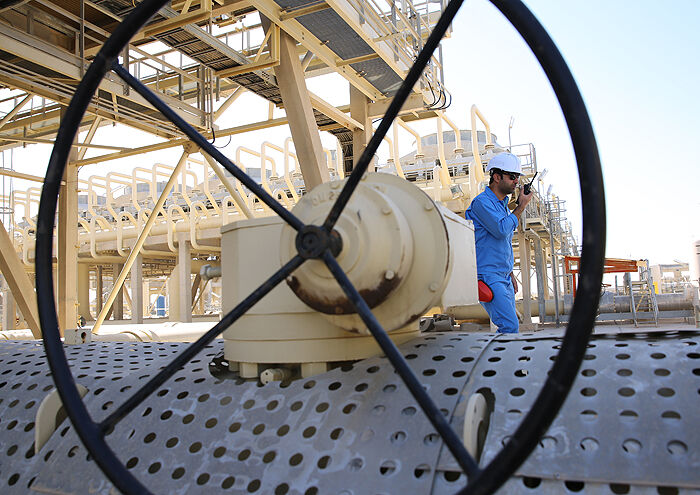
Innovative EOR Potential in Iran
Enhanced Oil Recovery (EOR) techniques have become indispensable in the global oil industry, particularly as conventional oil reserves dwindle and the energy demand continues to rise.
-

AI and Its Impact on the Energy Sector
Artificial Intelligence has emerged as an important technology that is transforming the energy sector in a way probably never been experienced before. Innovations in AI are taking place quite rapidly, and new horizons and changes are virtually on a daily basis. AI was earlier thought to have much to do with the renewable sources of energy, but in recent times, it is increasingly penetrating the conventional energy sector as well.
-
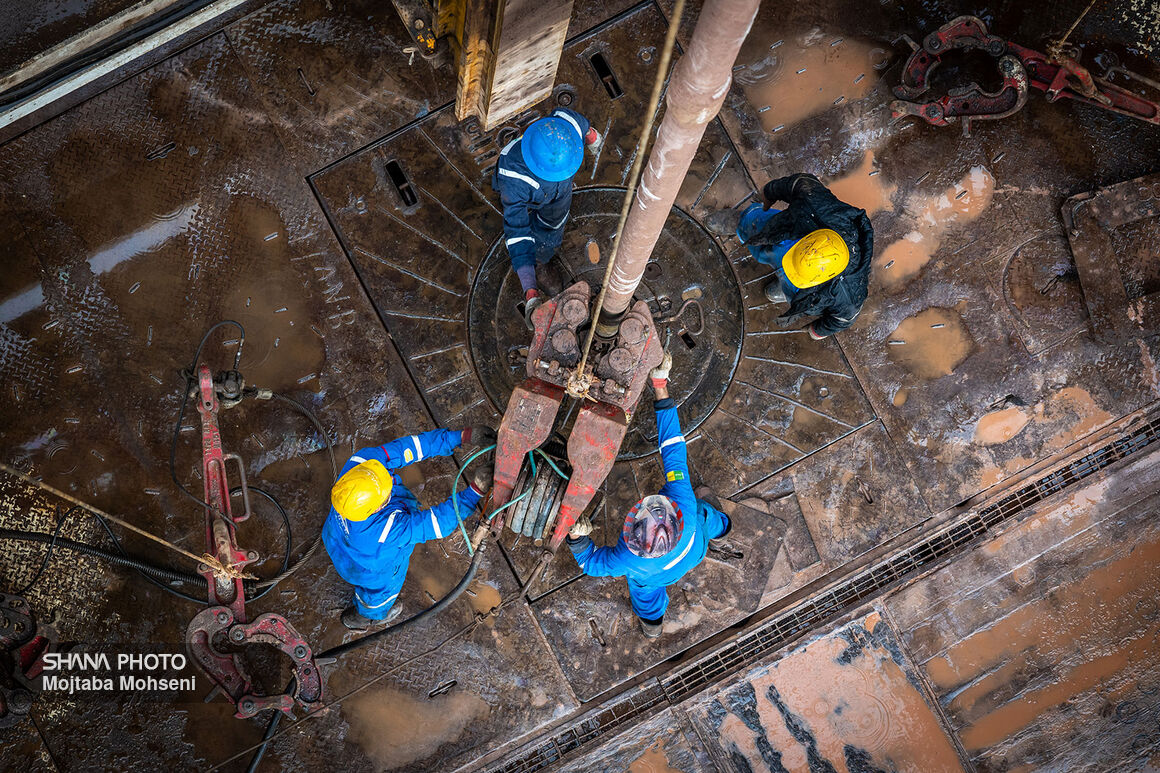
Iran Shale Oil Recovery Know-how
SHANA (Tehran) –The Directorate of Exploration of the National Iranian Oil Company (NIOC) has embarked on centralized studies over recent years to explore unconventional resources.
-
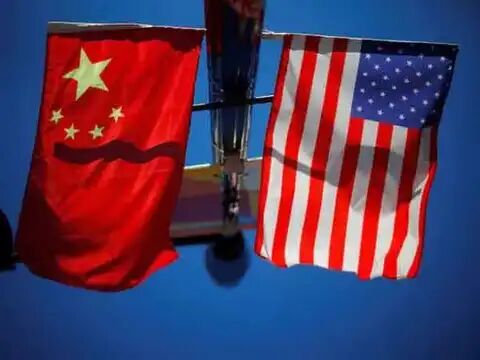
Sino-US Tariff War Impact on Oil/Gas
SHANA (Tehran) - A trade war between the United States and China, the world’s top economies, has intensified over recent years. The latest indication is mutual sharp import tariff hikes. China has vowed to fight to the end in the face of US bullying, taking countermeasures against President Donald Trump’s administration.
-
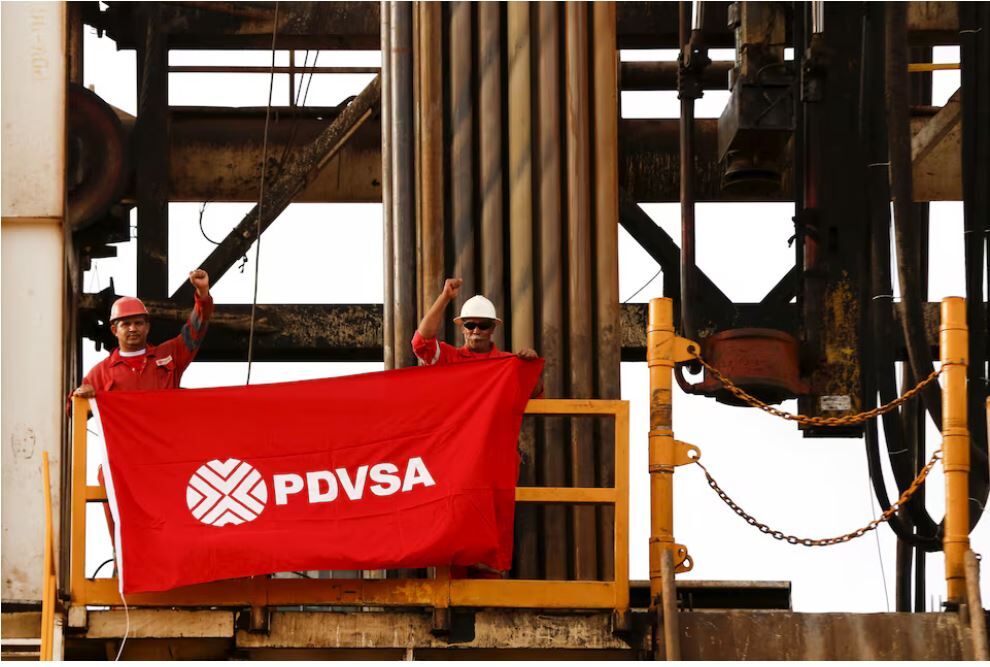
Venezuela Energy Supply and Exports
SHANA (Tehran) - Venezuela was once a prominent oil market player in the world. For years, it has been experiencing a sharp decline in its energy supply due to political tumults along with economic mismanagement and international sanctions. By late 2024, the oil and gas production outlook in Venezuela indicates an intertwined layer of challenges and gradual improvement, impacting both local affairs and exports.
-

-
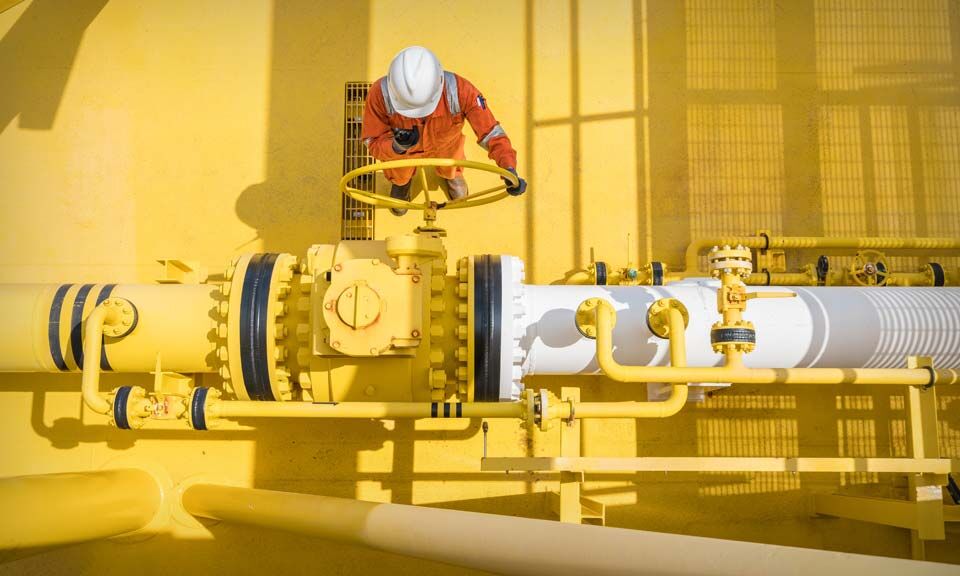
-

-

Oil Nationalization, a Beginning for Modern Iran
SHANA (Tehran) – As public protests against the Iran-Britain Oil Concession gathered steam and Mohammad Mosadeq led a parliamentary campaign relying on popular support, the Iranian petroleum industry was nationalized in March 1951, immediately after which Anglo-Iranian Oil Company (AIOC) was expropriated.
-

Energy Market Outlook in New Syria
SHANA (Tehran) –Since the early 2000s, the Syrian energy market has experienced significant development with some turning points in 2011 and afterwards. Primarily characterized by relative self-sufficiency and export capabilities, the market is now known for its sharp decline, dependence on foreign countries, and paralyzing sanctions.
-
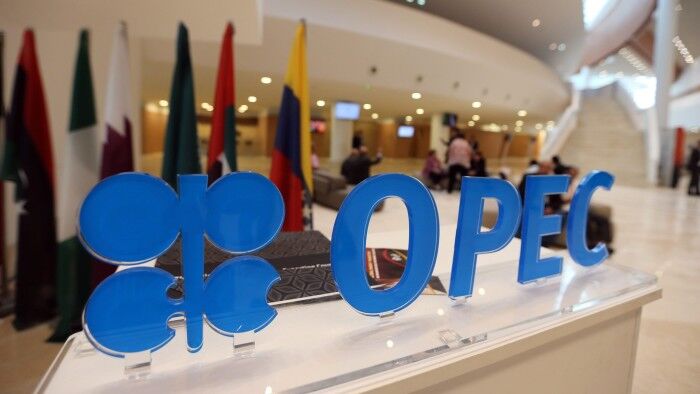
An Eight-Year Success Story
OPEC+ Market Stabilization Efforts
SHANA (Tehran) –The dawning of the year 2025 marked a significant anniversary in the history of the global oil industry, for it was eight years ago, in January 2017, that the ‘Declaration of Cooperation’ (DoC), signed between OPEC and 10 non-OPEC oil-producing countries became operational.
-

Mideast Impact on Energy Market
SHANA (Tehran) – The Middle East’s geopolitical outlook has significantly impacted global energy developments due to the crucial role of the region in oil and gas production.
-
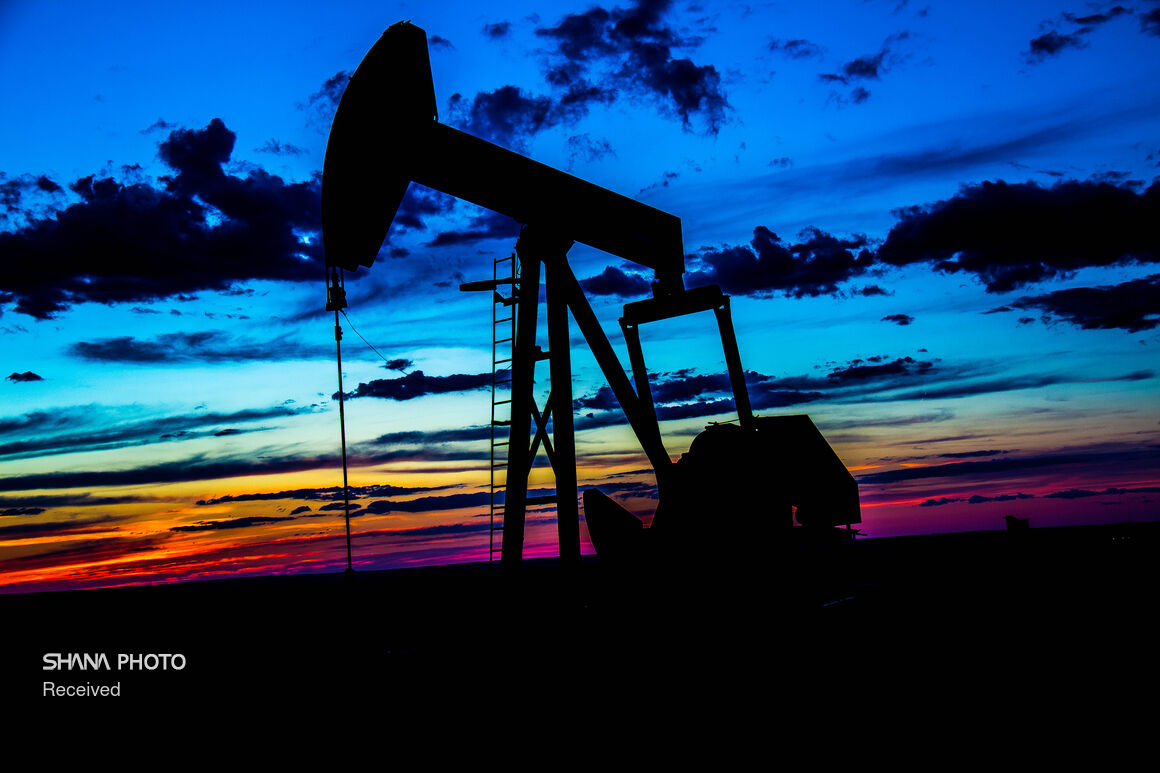
US Bigger Role in Europe Energy Supply
SHANA (Tehran) – The Nord Stream 2 pipeline was designed to transmit natural gas directly from Russia to Germany, cutting through the Baltics.
-
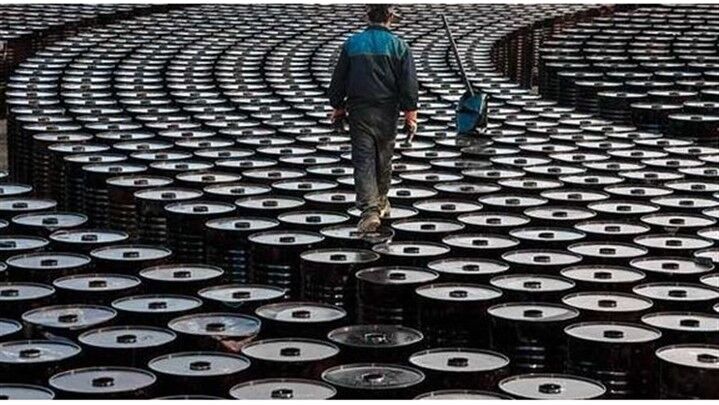
Global Oil Market in 2024: Uncertainty and Volatility
SHANA (Tehran) – The global oil market is a dynamic and complex arena influenced by various factors such as geopolitical tensions, technological advancements, environmental concerns, and shifting consumer preferences.